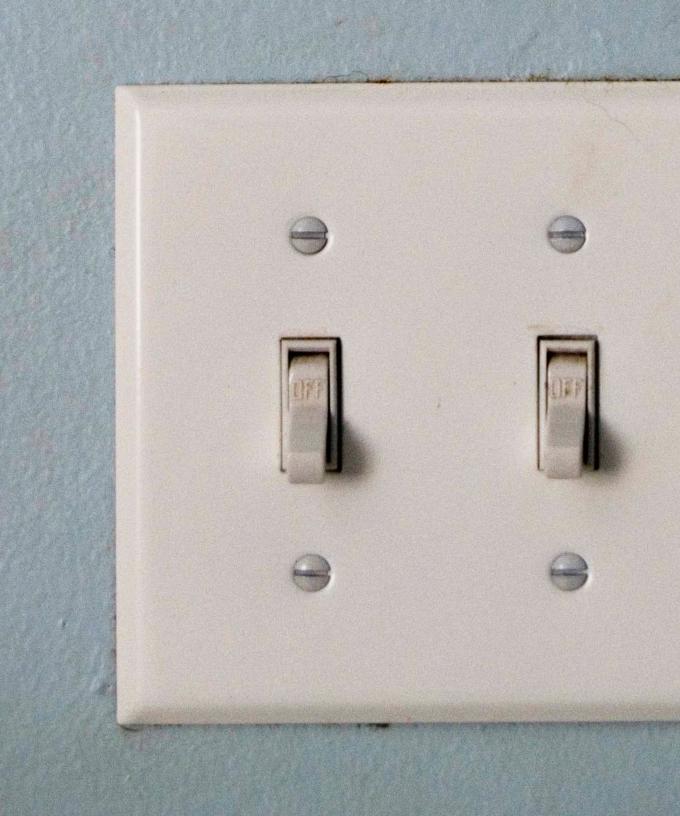Eastern states facing instability in electricity supply should learn from Western Australia and set up their own energy reserves if they want security and lower prices.
WA Energy Minister Bill Johnston said his state had made a long-range decision when setting up its domestic gas reservation policy, which accounts for about 50 per cent of its power needs including electricity generation.
“We’ve got enough electricity supply so that we don’t get into the troubles that we see our friends on the east coast in right now,” he told Nine on Wednesday.
“Also, we’ve got this capacity market for the electricity system so that we always have enough power stations ready to supply electricity.
“That could be introduced on the east coast and I certainly encourage ministers on the east coast to do that right now.”
Mr Johnston said there was no doubt the eastern states – NSW, Queensland and Victoria – will go through more short-term pain before the situation is back under control.
“We certainly think that people could look at what we’ve done over here with our reservation policy, our capacity policy, and the fact that we’ve kept government ownership of much of the electricity system,” he said.
“We do think it’s a good blueprint for stable, reliable, affordable energy.”
Mr Johnston also pointed out that the eastern states were the only ones “in the world” that export liquefied natural gas without a domestic energy reservation or security policy in place.
WA reserves about 15 per cent of gas available for export for its domestic market.
Meanwhile, on Tuesday the WA Labor government announced that state-owned coal-fired power stations will close by the end of the decade amid a continued shift towards renewable energy.
The decision to exit the market is expected to affect about 1200 workers in the coalmining town of Collie, 200km south of Perth.
Premier Mark McGowan said the uptake of solar, wind and other renewable energy sources was happening as demand for coal falls.
“The cost to households and the cost to industry of governments continuing to buy coal is becoming higher and higher,” he said on Tuesday.
“Unless something is done, the cost to each household by 2030 for their annual power bill will increase by $1200.”
The Collie power station will close in October 2027 and the Muja station will follow two years later. Both are run by state-owned generator and retailer Synergy.
The Australian Energy Market Operator said the WA announcement confirms an energy transition is underway in the state and provides certainty for investment.
“We will continue to work closely with the WA government, Synergy, and industry to ensure that as existing coal-fired generation is retired, new renewable generation and storage … are securely and reliably integrated into the South West Interconnected System,” AEMO’s WA manager Kate Ryan said on Tuesday.







